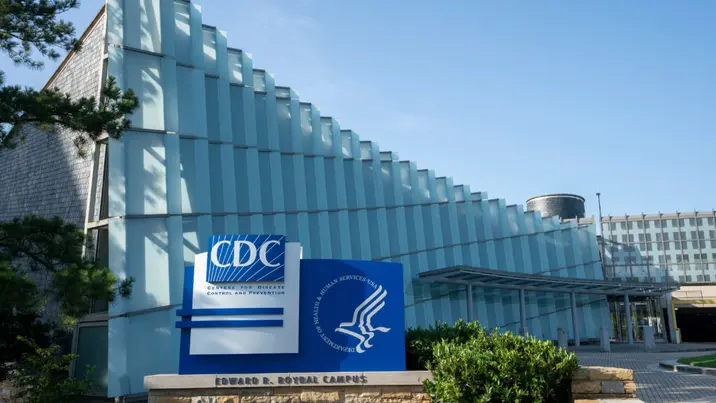T4K3.news
Gunman attacks CDC headquarters in Atlanta
A Georgia man opened fire at the CDC campus in Atlanta, killing a police officer; the shooter died.
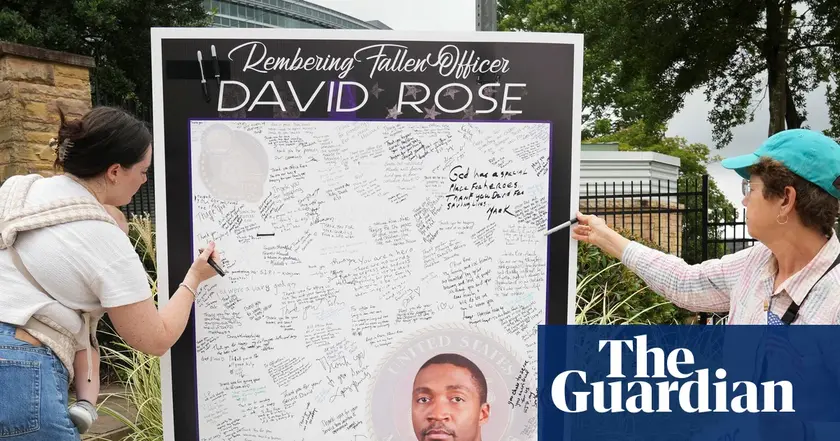
A Georgia man who blamed the Covid vaccine for making him depressed and suicidal shot and killed a police officer.
Gunman attacks CDC headquarters in Atlanta killing a police officer
The attack unfolded at the Centers for Disease Control and Prevention campus in Atlanta on Friday afternoon. Investigators say the 30-year-old Patrick Joseph White fired more than 180 shots and shattered about 150 windows, with bullets piercing blast-resistant glass and sending glass shards into many rooms. CDC security officers stopped him before he drove to a nearby pharmacy and opened fire again. White died later, and authorities have not confirmed whether he was killed by police or by his own actions. No CDC employees were injured. Officials say four CDC buildings were hit, including Building 21, which houses the director’s office.
Reaction from health leaders followed, with U.S. Health Secretary Kennedy Jr visiting Atlanta and offering support to CDC staff. CDC workers were told to work from home as the agency assesses the damage. The case has revived questions about how vaccine safety debates are framed by public figures who have promoted anti-vaccine views. A retired CDC official warned that the attack could affect future generations of scientists, while leaders urged responsibility in public discourse.
Key Takeaways
"no one should face violence while working to protect the health of others"
Kennedy's statement after the attack
"Years of false rhetoric about vaccines and public health was bound to take a toll on people’s mental health, and leads to violence"
Tim Young, a CDC employee who retired
"We have to understand people are listening. When you make claims that have been proven false time and time again about safety and efficacy of vaccines, that can cause unintended consequences"
Dr Jerome Adams, US surgeon general
"I’m concerned that this is going to be a generational hit"
Stephan Monroe, a retired CDC official
This incident shows how online talk about vaccines and public health can spill into real-world danger. The shooter linked his actions to his beliefs about vaccines, underscoring the risk that misinformation can prompt violence. It also highlights the vulnerability of federal health facilities and the pressure on public health offices to protect staff while communicating clearly to the public. The episode raises questions about accountability for political rhetoric that crosses into harm and how leadership should respond to a climate where facts are contested.
The episode may influence how scientists view their own safety and career prospects. It adds to the demand for steady, evidence-based messaging from health officials, and for security measures that protect staff without chilling scientific work. In a climate of polarized debate, the line between advocacy and incitement is increasingly frail and needs careful guarding by leaders and platforms alike.
Highlights
- Violence has no place in public health
- Misinformation is a risk to public safety
- Public health messaging must be precise and careful
- Truth matters when lives hang in the balance
Violence linked to misinformation
The attack connects vaccine misinformation and political rhetoric to a fatal act of violence, raising safety concerns for federal health facilities and the broader public discourse. The incident could trigger backlash and heightened scrutiny of public health messaging.
The attack makes one clear point about our times: words carry weight, and safety depends on clear, careful communication.
Enjoyed this? Let your friends know!
Related News
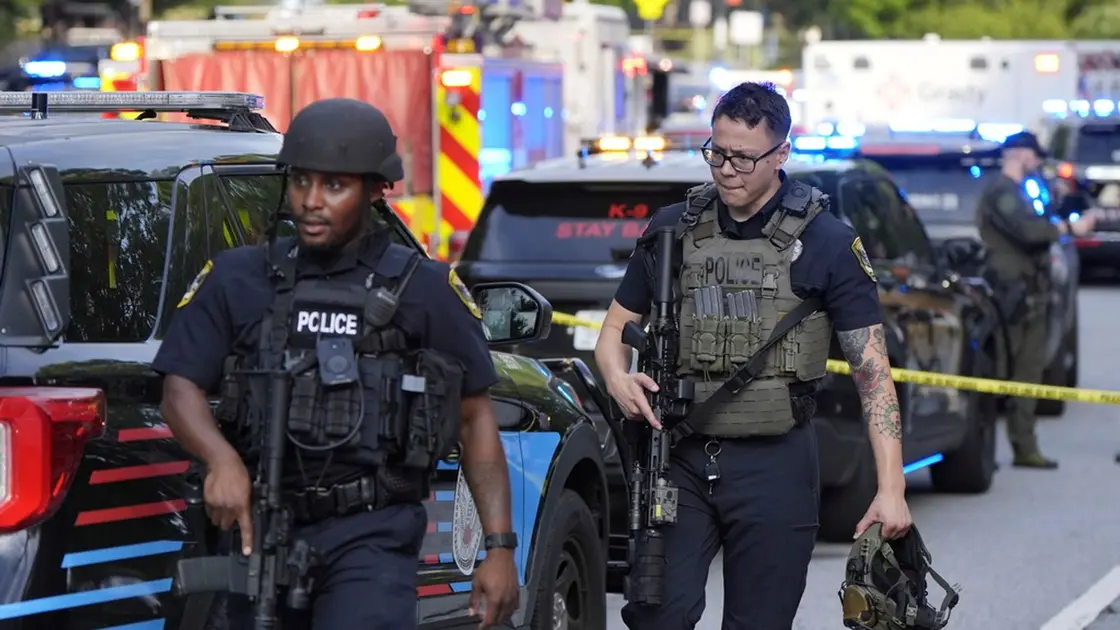
CDC shooting raises vaccine debate
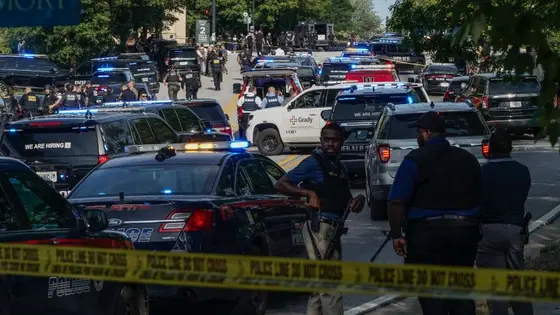
Gunfire near CDC HQ in Atlanta
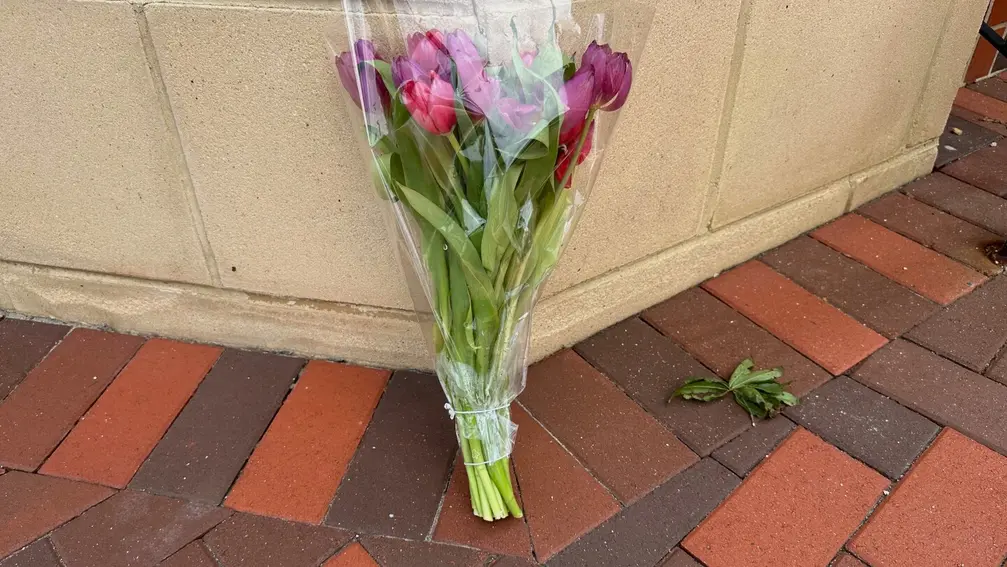
CDC shooting prompts union call for clear stand against misinformation
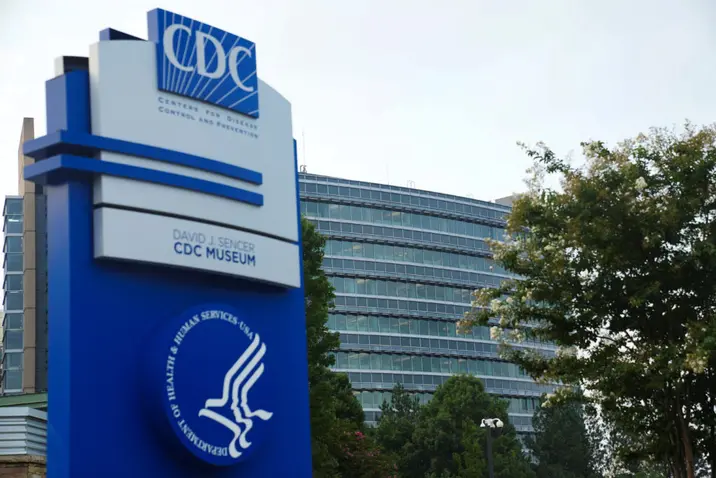
CDC shooting response update
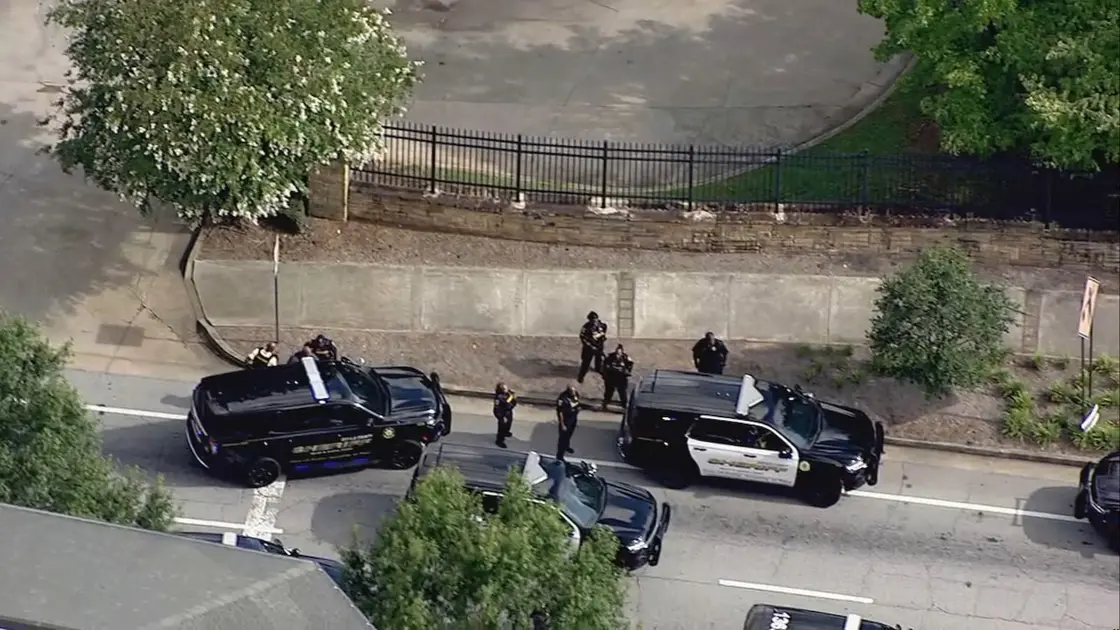
Gunman tied to vaccine grievance targets CDC campus
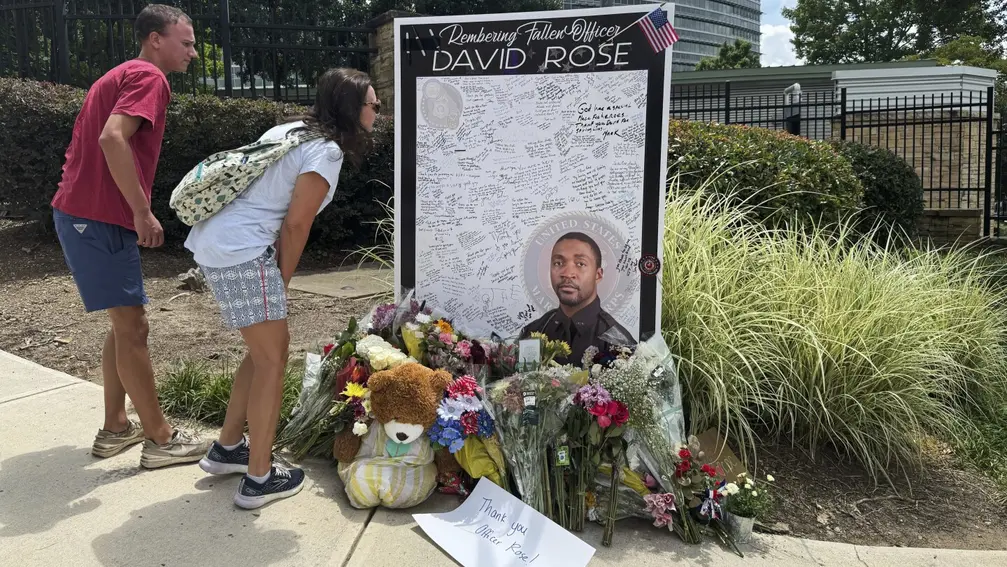
CDC Attack Heightens Health Security Risks
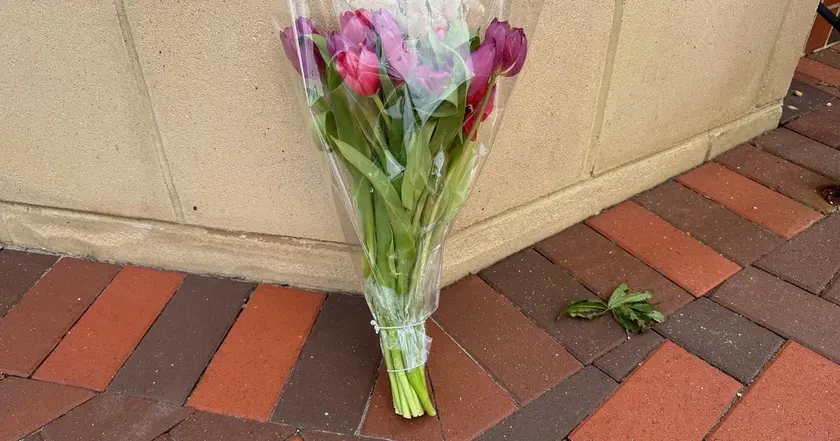
CDC shooting tied to vaccine misinformation
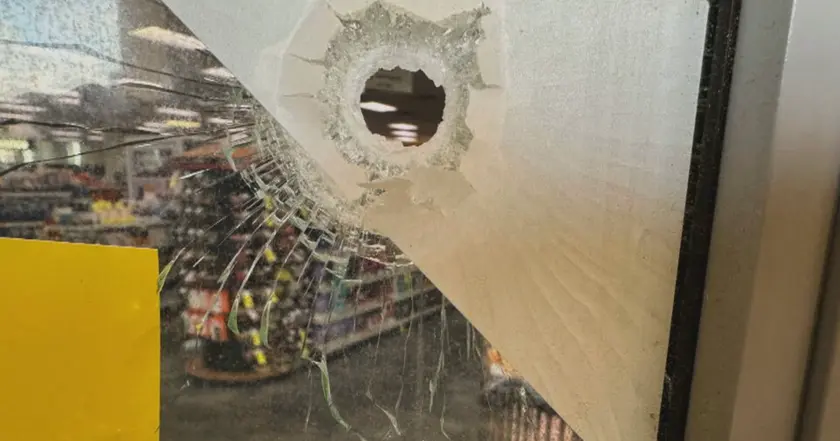
CDC shooting tests leadership and trust
